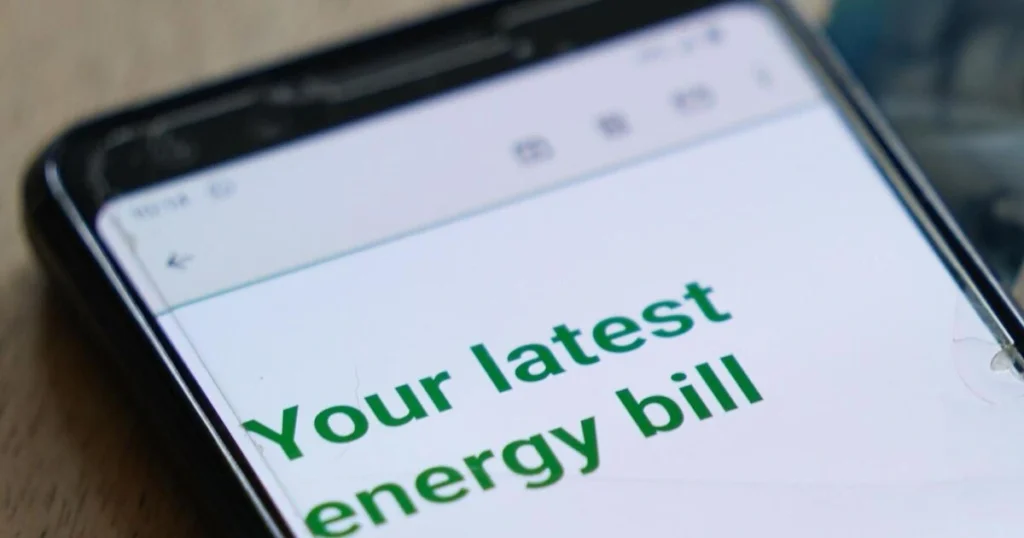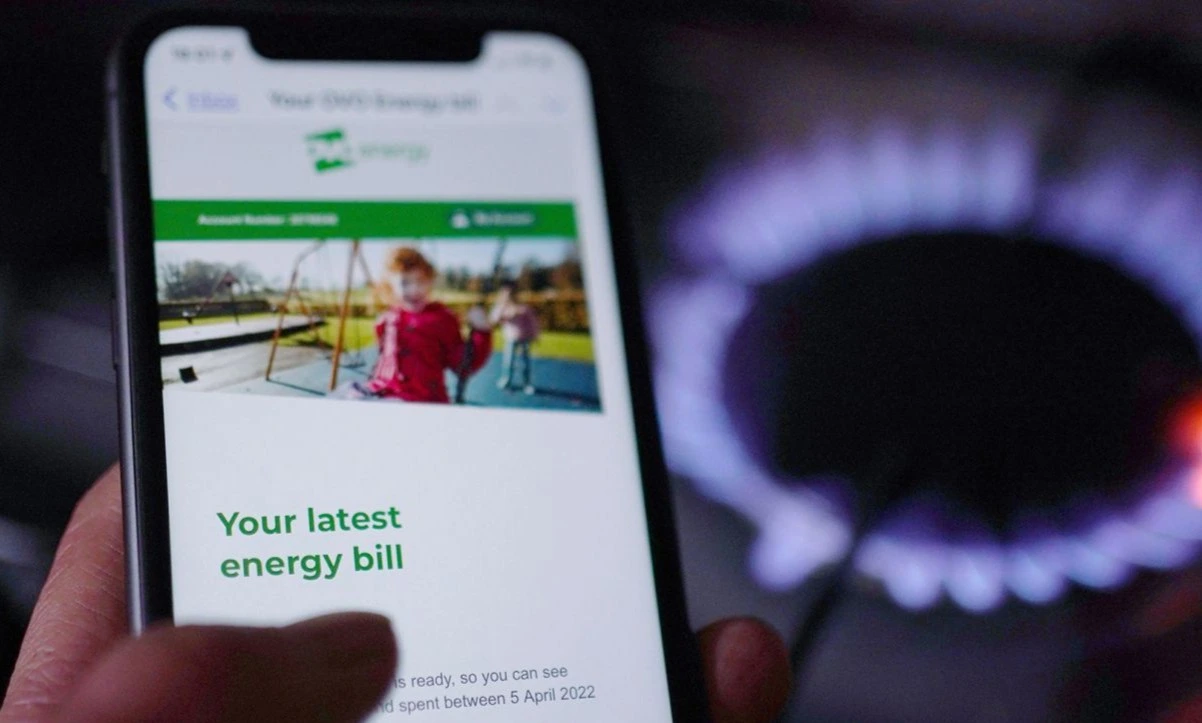UK households are being warned to prepare for higher energy bills this winter. Ofgem, the government regulator, will announce the next energy price cap on August 27. The new rates will apply from October through December. While the increase is expected to be around 1-2%, experts say it could still put a strain on family budgets.
How Much Will Bills Go Up?
The average dual-fuel household bill is expected to rise by about £17, bringing annual costs to around £1,737. This increase comes just as energy usage naturally rises with colder weather. Many families may find it hard to adjust to this small but significant rise. Greg Marsh, CEO of household finance platform Nous.co, explains, “Even small increases matter because bills are already far higher than before the crisis. Many families struggle to heat their homes, and energy bill debt is at record levels.”
Why Are Prices Increasing Again?

You might wonder why bills are going up when wholesale energy prices have fallen. One reason is the expansion of the Warm Home Discount scheme. This program now helps 2.7 million additional vulnerable households with £150 payments. While it benefits those most in need, it also adds roughly £15 to the average annual bill for everyone else. Dr Craig Lowrey from Cornwall Insight adds, “The price cap isn’t just about energy market prices. It also reflects government policies and the costs of supporting vulnerable households.”
Other factors, such as infrastructure upgrades and continued volatility in global energy markets, also contribute to the increase. Political tensions and changes in US trade policy can affect prices, even if local wholesale costs are lower than last year.
Steps You Can Take to Lower Your Bills
Even with the price cap rising, there are ways households can manage costs. Marsh advises reviewing your energy tariff regularly and checking if you’re eligible for support schemes. Many people pay more than they need simply because switching suppliers or reviewing bills feels like a hassle. Additionally, households can reduce usage by adopting energy-saving habits. Simple measures like using energy-efficient appliances, turning off unused devices, and properly insulating your home can help save money over time.
What’s the Outlook for Energy Prices?
Experts predict a small drop in bills starting January 2026. However, this will likely be modest. Prices are still much higher than before the energy crisis, and future changes will depend on government policy, infrastructure decisions, and global events. Ofgem is reviewing how energy system costs are distributed. Some households may see savings, while others could face higher bills. The long-term solution, experts say, is a move toward renewable energy and local power generation, which could stabilize costs over time.
Winter Pressure on Households
As winter approaches, pressure is rising for UK families. For the fifth year in a row, millions are facing high energy bills. Charities warn that many households are in a critical financial situation. Until significant reforms or a drop in energy costs occur, the best approach is to stay informed, take advantage of support programs, and adopt energy-saving strategies. Every small step can help ease the strain on household budgets.



